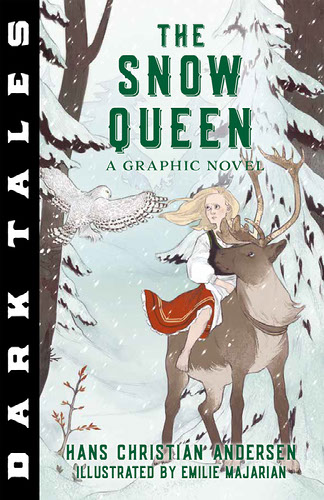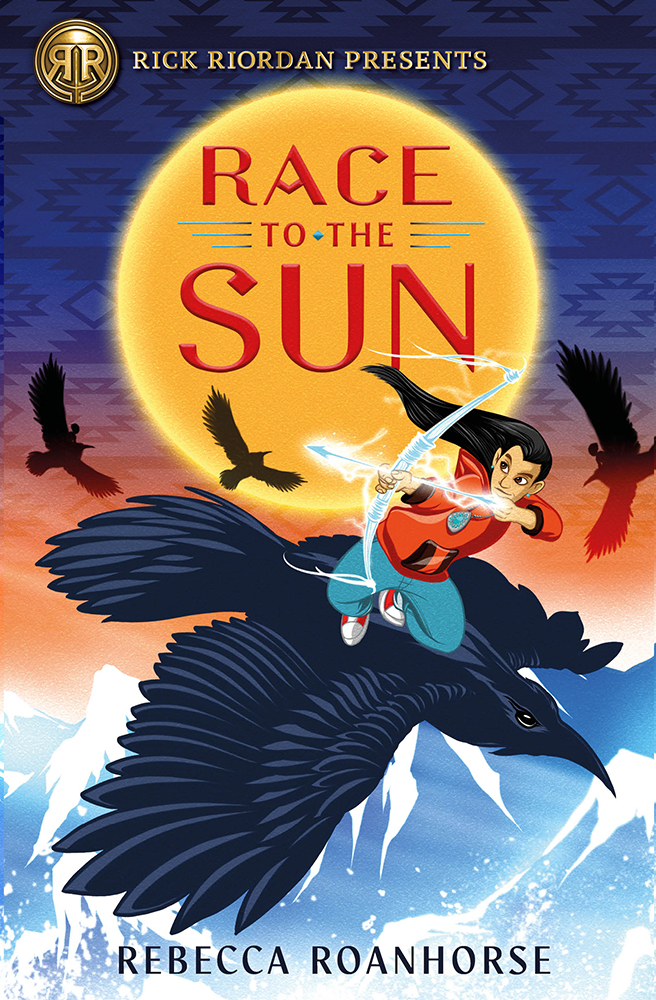[button color=”black” size=”big” link=”http://affiliates.abebooks.com/c/99844/77798/2029?u=http%3A%2F%2Fwww.abebooks.com%2Fservlet%2FSearchResults%3Fisbn%3D9780763630157″ target=”blank” ]Purchase here[/button]
The Riddle
by Alison Croggon
The second book of the Pellinor quartet continues the quest of a fantasy heroine named Maerad, fated as the “chosen one” to make the decisive choice between light and darkness for the people of a long-lost continent called Edil-Amarandh. Anyone who relishes fantasy with the depth of vision and richness of language of Tolkien’s Middle-Earth must have a look at this book by an Australian poet. And if you cut your teeth on the Harry Potter books, you may also find this fare to your taste. Some of its philosophy, at least, should go down well with Potterites, such as this quote from the first US paperback edition, p. 45:
“There’s a great force in the renunciation of power that those who are blinded by the lust for dominion cannot understand, because those who love truly do not desire power. Among Bards, it is often known as the Way of the Heart. The Dark understands nothing of this: it is its greatest weakness.”
Does that remind you, perhaps, of something Dumbledore might have said about Tom Riddle? The “bards” of which the speaker speaks are the magic-workers of Edil-Amarandh, schooled in arts such as healing, music, and nurturing the fertility of the land. But a “Nameless One” once held the land in his grip during a long, dark age known as the Great Silence. Now the bardic schools, devoted to serving the light, are failing to hold the Dark back. The Nameless One is gathering his forces for another try at world domination. All that really stands in his way is Maerad, who until lately was a slave with no idea of the power she possesses.
Maerad and her teacher Cadvan are on the run now, both from the Dark and from the Light, whose leadership has betrayed them. They must seek the answer to an ancient riddle: What is the Treesong? How was it broken? And how must Maerad restore it in order to defeat the Nameless One? She learns the answers to these questions during a journey full of terrifying peril, heartbreaking loss, and bone-chilling despair. She encounters strange cultures and powerful beings. She discovers new powers and weaknesses within herself. And she comes to realize that the greatest threat to her quest lies within her own confused, contradictory heart.
The Pellinor quartet is a substantial chunk of reading. It could be used as a doorstop. Doing so, however, would be a terrible waste. For it is also a page-turner, full of beautiful language, powerful imagery, and a story whose unfolding is marvelous to behold. I am eager to get into Book 3, titled The Crow.


